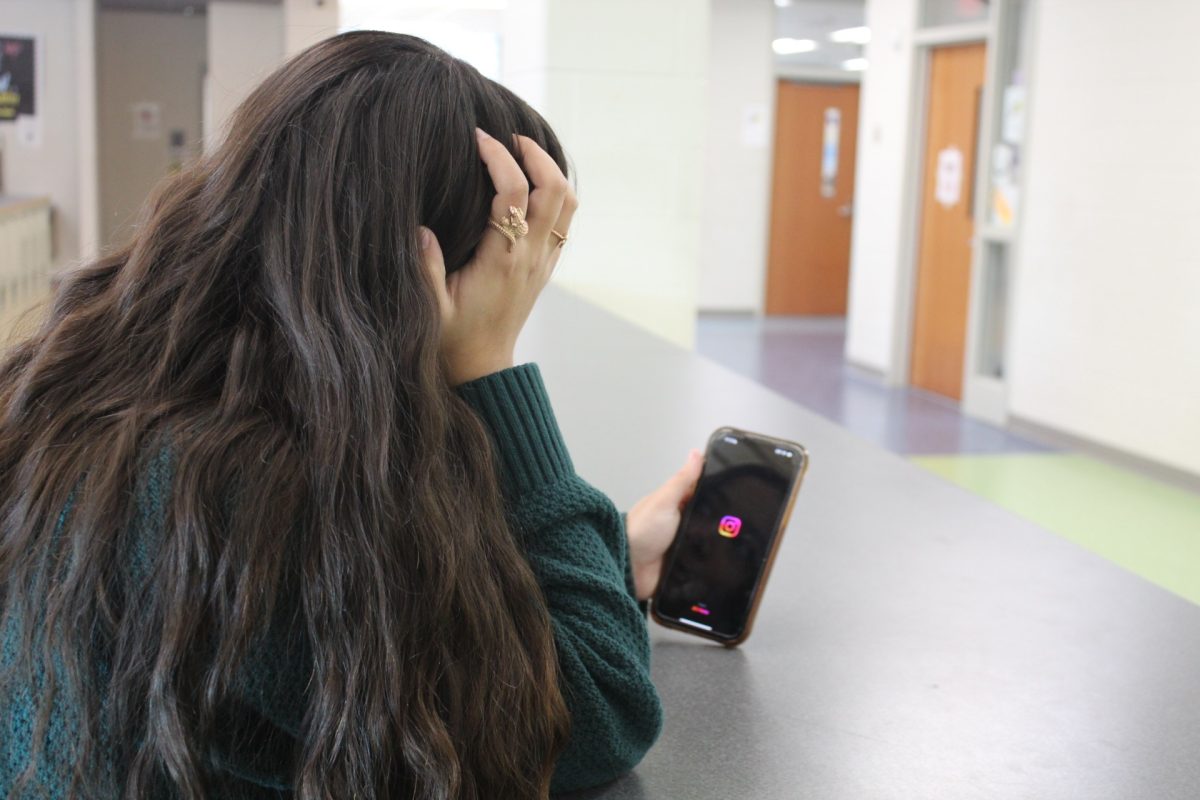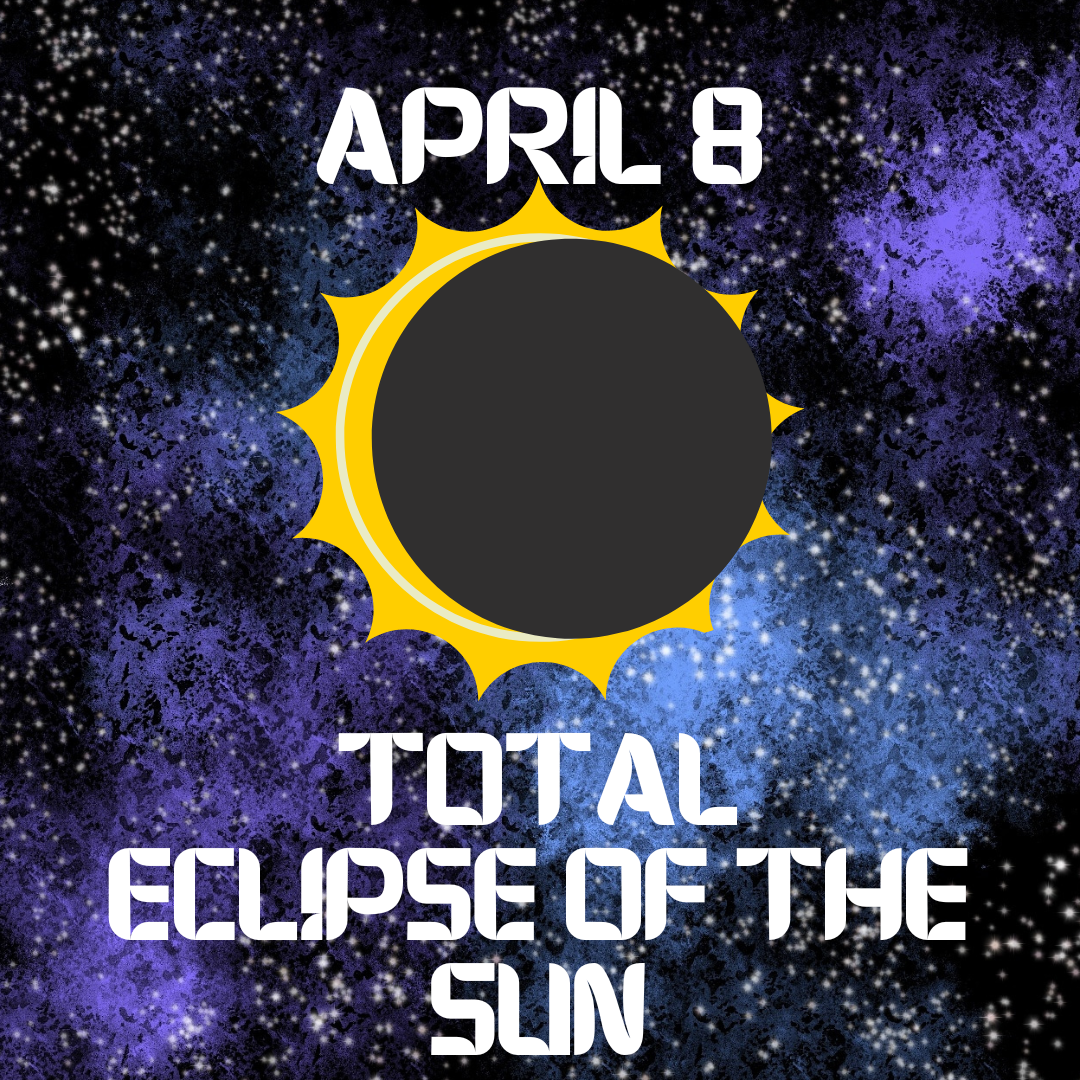As the weather gets colder and the sun shines less, winter can negatively affect one’s mental health. So when the days get shorter and darker, some people find themselves at risk of suffering the blues. This can mean they spend more time alone on their phones, which leads to more depression and more time alone in what can become a vicious cycle.
In contrast, summer is often a time of happiness and less stress with activities ranging from going to the beach, to swimming, to hanging out with friends, all of which are more likely to get you outside and interacting with others. You’re less likely to be glued to your phone as much which then increases overall well-being.
Then winter hits again, and not everyone deals with the change in an emotionally healthy manner. As a result, some have recurring seasonal depression, even after feeling perfectly fine during spring and summer.
“My seasonal depression usually comes back around this time every year. I find myself scrolling on my phone for hours and it makes me feel drained. Seeing all the things online 24/7 makes me feel worse,” said sophomore Alli Rhoades.
When these hopeless feelings overcome you, you may not have the energy to go out or do daily activities. Even tasks that are seemingly simple, like homework, going to school, or talking to friends, can feel so overwhelming.
Symptoms of seasonal affective disorder can include irritability, hopelessness, frequent sadness, or oversleeping. Everyone is different and symptoms may vary depending on each individual. According to the Cleveland Clinic, seasonal affective disorder is caused by the change of seasons and can adversely affect your daily life.
Often, this leads suffers back to their phones. It can be easy to get stuck in hours of scrolling and watching videos. However, this can actually leave you feeling more alone and less productive.
“When I go on my phone while already in a bad head space, I start thinking about how people I see online have it so much better than me. Constantly being on social media when feeling like this makes things so much worse,” said sophomore Kylie Partusch.
However, not everyone finds that phone time makes things worse. Used in a positive way, phone time can provide a simple distraction from your own chaos. You might feel like you can escape reality when looking at social media or videos. Some students say it’s an easy way to take your mind off of things.
“I use my phone as a distraction if I’m having a hard time. I can watch shows or just go on TikTok. It doesn’t make things worse for me, it helps get my mind off things,” said sophomore Katherine Best.
Ultimately, it may be a matter of being honest with yourself about whether time on your phone is a help or a hindrance. (Not sure if you’re addicted to your phone? This recent article about phone addiction may help.) Regardless of which is the case for you, it’s important to remember that if you do think you suffer from seasonal affective disorder, it’s not permanent, and that getting outside or interacting in person with others may be just the thing to lift your mood and get you through the day.
To learn more about season depression and how to combat it, see this article by Johns Hopkins Medicine.








